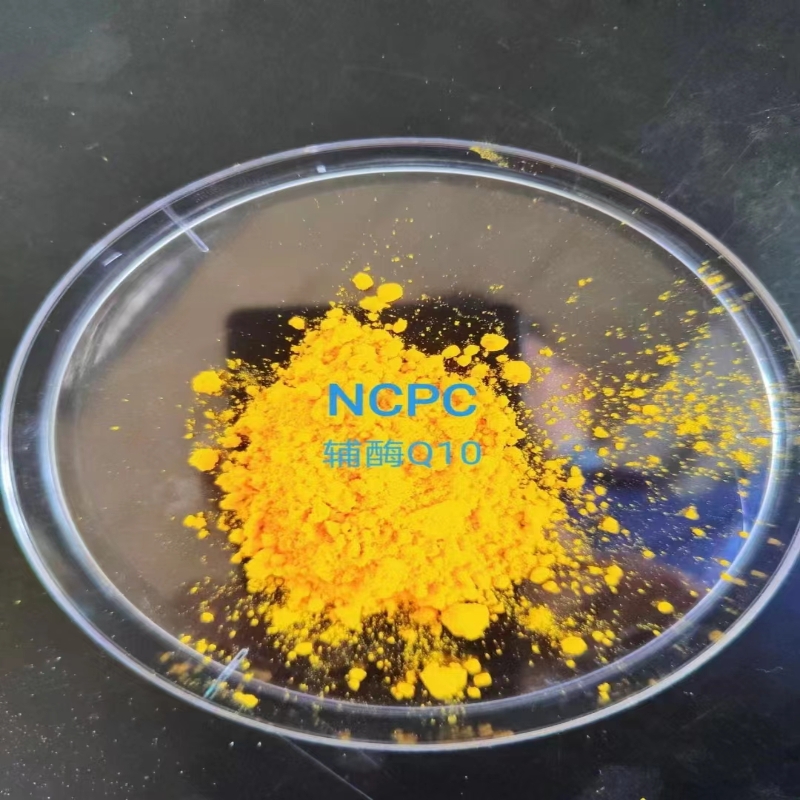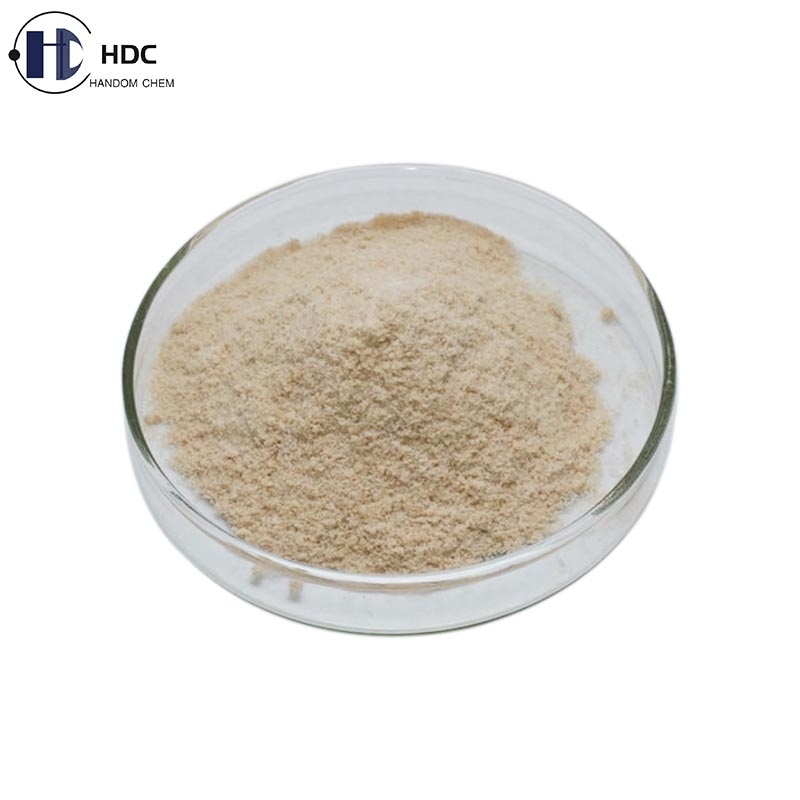-
Categories
-
Pharmaceutical Intermediates
-
Active Pharmaceutical Ingredients
-
Food Additives
- Industrial Coatings
- Agrochemicals
- Dyes and Pigments
- Surfactant
- Flavors and Fragrances
- Chemical Reagents
- Catalyst and Auxiliary
- Natural Products
- Inorganic Chemistry
-
Organic Chemistry
-
Biochemical Engineering
- Analytical Chemistry
-
Cosmetic Ingredient
- Water Treatment Chemical
-
Pharmaceutical Intermediates
Promotion
ECHEMI Mall
Wholesale
Weekly Price
Exhibition
News
-
Trade Service
July 31, 2015 / BIOON / - through the protein synthesis system of hijacked cells, synthetic biologists developed a tool that can be used to understand the synthesis and action process of antibiotics, and can transform cells into special "chemical factories" A team of bioengineers, led by Alexander Mankin, a biochemist at the University of Illinois, has successfully transformed the important molecular ribosomes in cells, which may promote the development of synthetic biology Almost all life depends on ribosome, a huge protein molecular machine, which is constantly working on protein synthesis day and night By reading the messenger RNA molecular template to obtain information, guide different types of amino acids to arrange and combine according to information, and finally synthesize amino acid chains (polypeptides), which will continue to be transported, modified, folded, and finally form functional proteins and reach their own destination Protein is the functional unit of cells, and its significance is needless to say, so the ribosome with normal function is very important for cells The engineering transformation of ribosome, a huge molecular machine, is not easy, because the transformation cannot be too different from the standard prototype, or the cell will die without the expected effect Moreover, engineered ribosomes can do what researchers expect, but often "forget" some of the functions of normal ribosomes Ribosome is a very large functional unit, which is a complex of RNA and protein RNA accounts for a large proportion of ribosome, and is also considered to be closely related to ribosome function, and even directly involved in the catalytic process of protein synthesis Researchers hope to be able to separate a part of this large complex, make it function independently, or add some unnatural components, so that the engineered ribosome can do different things, such as adding unnatural amino acids (synthetic or modified amino acids) in the process of protein synthesis The unnatural peptide can be synthesized in The pharmaceutical industry has some significance Ribosomes are actually made up of two very different subunits, one larger and the other smaller When the ribosome is about to start working, the two subunits combine, complete the work and then separate, and continue to cycle like this The next time each subunit works, it may not have met before If a part of subunits are modified by protein engineering, the natural and artificial subunits can synthesize proteins with unnatural amino acids, but the synthesis of normal proteins will also be blocked Alexander Mankin's team envisioned transforming both subunits to work together They spent months trying to find the right RNA molecule to permanently connect the two modified subunits, and used E.coli to screen the engineered ribosomes that could work Finally, they found that a modified ribosome can support the growth of E.coli cells Although the growth is very slow, at least these modified ribosomes can work together with normal ribosomes This research opens up a new world of synthetic biology: ribosomes of two artificially modified subunits linked by RNA molecules can work in E.coli without damaging other functions of cells With this modified ribosome, E.coli cells can do many things, such as studying the mechanism of ribosome, studying the interaction between antibiotics and ribosome If the genetic coding mode of cells is further expanded, these engineered ribosomes can be used to synthesize new polymers or cells can be transformed into multi-purpose "cell chemical plants" 。
This article is the original compilation of Biovalley Welcome to reprint! Please indicate the source of the reprint and attach the original link For more information, please download Biovalley information app Original text from: Nature: hacked molecular machine could pump out custom proteins doi: 10.1038/523513a







